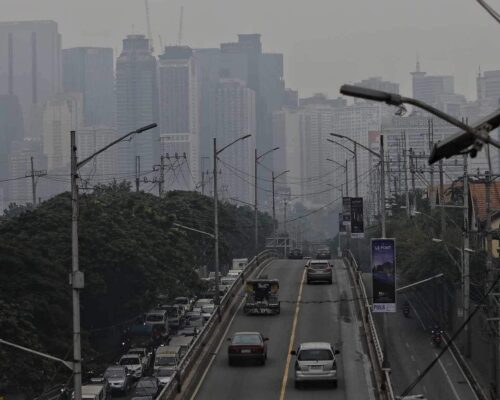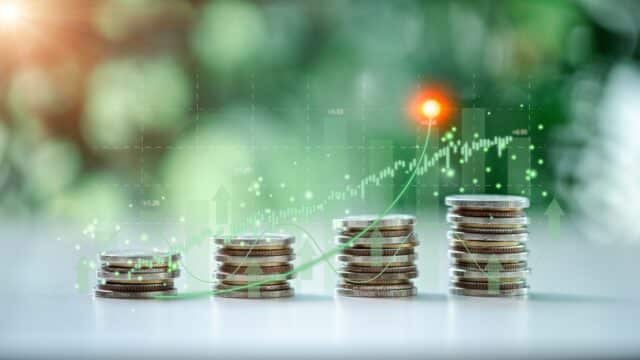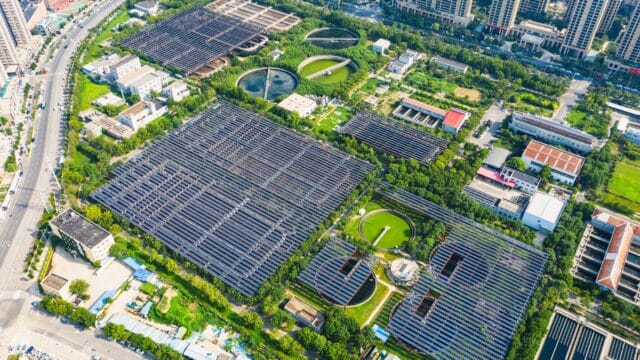Articles
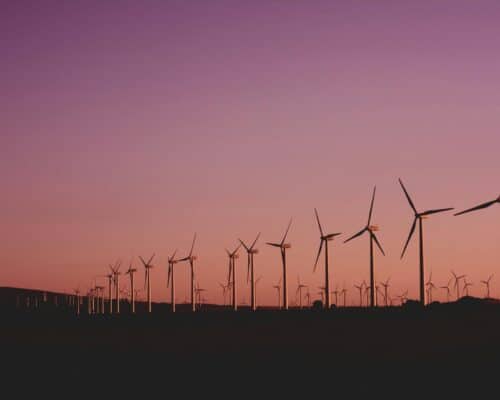
Affordable and Clean Energy: How to Achieve?
In a special report, the International Energy Agency notes that accelerated clean energy deployment will...

LNG Projects in the Philippines: Share of San Miguel Corporation
The Philippines continues its liquefied natural gas (LNG) development trajectory despite its cost, environmental impact and widespread disapproval. Manila-based conglomerate San Miguel Corp. (SMC) is spearheading this development.
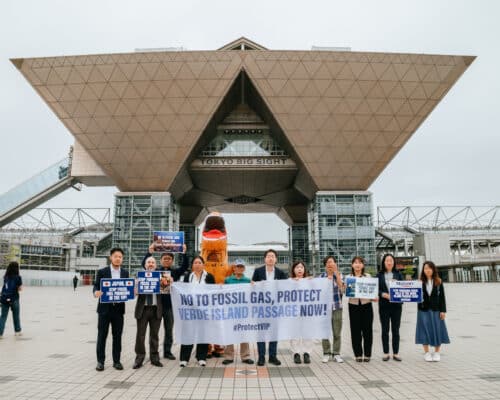
Greenwashing on the Agenda at Japan Energy Summit 2024
The Japan Energy Summit, held recently, included sessions on pioneering innovative energy technologies and accelerating decarbonisation in its agenda. Unfortunately, these sessions pushed fossil fuel narratives instead.

South Korea’s East Sea Gas Development Will Not Strengthen the Country’s Energy Security [Op-Ed]
South Korea’s Yoon Suk-yeol administration recently announced the exploratory drilling of potentially massive oil and gas reserves in the East Sea to address the country’s natural gas demand. However, with the country's natural gas demand declining, large oil and gas developments in the East Sea could become stranded assets.
A Recap on the G7 Climate Commitments in 2024 – Podcast
In this episode of Energy Insights, we recap the G7's climate commitments and the G7 environment ministers' meeting in Turin, Italy.

Climate Change Laws And Policies In The Philippines
The Philippines is one of the most at-risk countries for climate impacts. As a result, the country has implemented laws and policies to implement climate mitigation and adaptation into its core processes. However, these policies must be updated and enforced to create long-term change.

Heat Wave in Pakistan 2024: A Scorching Reality
Near-record temperatures have led to an extended heat wave in Pakistan in 2024. This follows several other record-setting heat waves over the last decade. Climate change is exacerbating this issue and highlights the urgent need for more decisive climate action.

Offshore Wind Offers South Korea Huge Economic Opportunities: GWEC
According to the GWEC, offshore wind power can bring South Korea 770,000 new jobs and 87 trillion won (USD 63 billion) in investments over seven years. However, unlocking these gains requires a holistic plan where the government and stakeholders collaborate to introduce favourable supporting policies and advance community-focused offshore wind deployment.
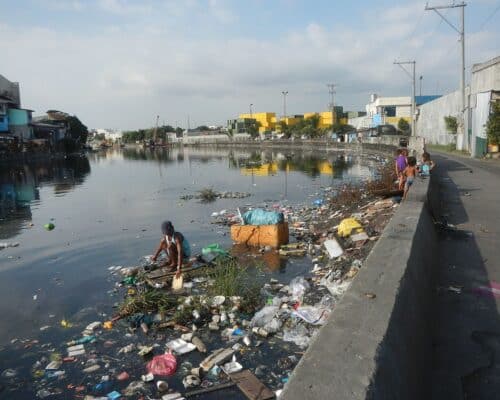
Water Pollution in the Philippines: Causes and Solutions
The Philippines' Water pollution primarily stems from industrial processes, agriculture and domestic sewage. These sources create poor water quality across the country and are tied to environmental, economic and public health concerns. Stricter regulation and increased sanitation services are critical to improving the country's water quality.

High Costs and Renewables Surge Weaken Asian Gas Demand Forecasts
Long-term gas demand growth forecasts are starting to show signs of weakness due to energy security issues, national decarbonisation goals and the continuously decreasing costs of renewables.

Japanese Megabank MUFG Continues to Bankroll Fossil Fuel Development
Global financial institutions are still funding fossil fuel projects despite warnings over climate change. Japanese megabanks, for their part, continue to top the list. Mitsubishi UFJ Financial Group (MUFG), Mizuho and Sumitomo Mitsui Financial Group (SMBC Group) ranked among the 10 worst in fossil fuel funding in 2023.
Can Green Hydrogen Decarbonise Asia?
Hydrogen has long been promised as a clean fuel source with the potential to aid in transitioning away from fossil fuels. A recent report by the High-level Policy Commission on Getting Asia to Net Zero and the Asia Society Policy Institute highlights how green hydrogen could help decarbonise global steel production in Asia's major economies. Green hydrogen could have a significant impact in this prime sector.
Most Popular
Most Popular
Categories
-
10
-
34
-
126
-
4
-
17
-
46
-
52
-
11
-
10
-
15
-
24
-
6
-
1
-
5
-
6
-
283
-
200
-
17
-
24
-
1
-
1
-
23
-
41
-
44
-
88
-
18
-
86
-
41
-
17
-
11
-
43
-
54
-
86
-
299
-
22
-
44
-
36
-
11
-
42
-
36

